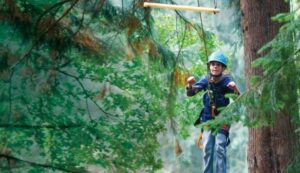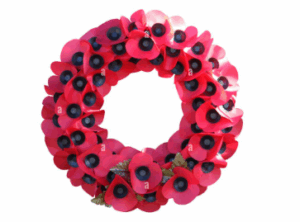
There is multiple opportunities to engage with NEST on Neurodiversity Support over the coming weeks. Please use the link to register your place. The Galston Event overlaps with the Christmas Fayre however you would be welcomed at any of the events both across East Ayrshire or on the Teams meeting online.
Cumnock: Thursday 20th November 2025, 10am – 11:30am, The NEST Wellbeing Centre, Cumnock
Kilmarnock: Friday 21st November 2025, 10am – 11:30am, Carers Cottage, Howard Park, Kilmarnock
Stewarton: Monday 24th November 2025, 10am – 11:30am Thrive, John Knox Church, Stewarton
Online: Tuesday 25th November 2025, 6pm – 7:30pm, Online, Microsoft Teams
Dalmellington: Wednesday 26th November 2025, 10am – 11:30am, Dalmellington House, Dalmellington
Galston: Thursday 27th November 2025, 4pm – 5:30pm, Loudon Academy, Galston









